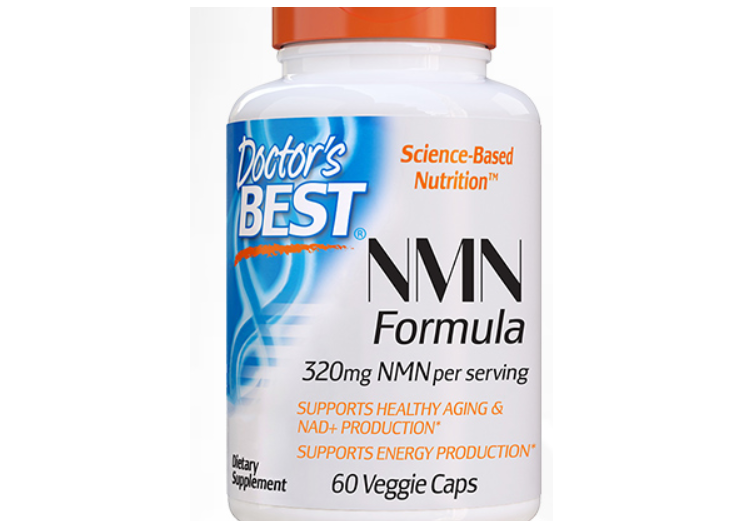Wow, just writing this title excites me. Partly since I have such a passion for bringing together practitioners and individuals for greater health outcomes. But largely because when we add a highly effective mission that inspires genuine action that is primarily based around population wellness management, I think we can make some true progress in developing healthier and happier lives. To me, that’s exciting due to the fact what it takes is us working together to implement a system that engages individuals to develop into participants in their wellness. And this, my dear heart-centered buddies, is where you as a holistic and wellness practitioner enter the classic wellness care scene with your subset of expertise and heart-centered traits that can lead wellness care teams toward new clinical benchmarks never prior to experienced in a clinical setting. Yes, that is a bold statement but 1 that I am convinced is not just feasible but important.
So how does a single undertake such a task? How can integrative practitioners not only be viewed as a viable element of the overall health care team but as a genuine contributor to the patients’ wellness outcome?
I see population-primarily based well being care as a variety of stone soup. If you remember the original folktale, villagers are tricked out of their greed and fear and into sharing and enjoying life with their neighbors. All thanks to a soup that did not even exist… till every person, unsuspecting even to themselves, contribute their one and only ingredient that alone wouldn’t amount to much. If every of us is definitely interested in spreading our mission in which we all share the exact same outcome ambitions of healthier and happier persons, then we should be willing to participate as a team. We will have to be prepared to see, not only how our personal “ingredient” brings value but how each and every member of the team brings worth to the ultimate outcome of restored overall health and happiness. We should move previous the “we against them” mentality that has plagued our wellness care technique. We can no longer afford to see the split amongst social determinants of well being and the physical manifestations of illness. The lifestyle medicine movement is currently verifying the have to have to contain what many holistic practitioners have known for decades, that people are not separate from their thoughts, feelings, beliefs, and habits which have a direct effect on health outcomes. We are not so distinct and clinicians are more open than ever to understanding all determinants of well being.
There are many factors that we need to take into consideration 1st ahead of we take on such a process and one of the largest challenges I see from holistic and wellness practitioners is the willingness to speak and recognize the identical language as our clinical colleagues. It would be like moving to a foreign country with no figuring out the language. This most normally takes place since in our passion and excitement for giving witness to our mission, we have a tendency to hyper concentrate on the tactics of our modalities rather than on the intended health outcome. Can you think about a surgeon giving the details and techniques of applying a scalpel to cut into our flesh? Ugh, who wants to hear that but a different colleague? All I want to know is if I will get better and how! Not the specifics of the method. Focus on the overall health outcome that your modality presents which in turn is your mission!
nmn 好處 is that we should step up and position ourselves and our scope of practice so it really is aligned inside the standards of care for a distinct illness state. For instance, if you are a certified or licensed massage therapist and you have more certification in lymphedema therapy then you would concentrate on chronic situations that are known to trigger lymphedema such as cancer therapies or diabetes amongst other people. Definitely, your scope of practice ought to align with the chronic conditions in which you are certified. I will be discussing in greater detail how to position your scope of practice to develop stronger relationships with clinicians in future postings. But for now, it is crucial to know that not being clear on how your scope of practice aligns with standards of care for a certain disease state, might be the explanation for your difficulty in finding clinician referrals or collaborations.
Lastly, we require to get a clear understanding of the “lay-of-the-land,” of not only within the clinical well being care setting but the new payment method that rewards physicians and hospitals for improving the good quality of care. Pay-for-Overall performance is a term for initiatives aimed at improving the quality, efficiency, and all round worth of wellness care. These arrangements supply economic incentives to hospitals, physicians, and other well being care providers to carry out such improvements and reach optimal outcomes for individuals.
Pay-for-functionality has grow to be preferred amongst policy makers and private and public payers, such as Medicare and Medicaid. The Reasonably priced Care Act expands the use of pay-for-performance approaches in Medicare in particular and encourages experimentation to determine styles and programs that are most powerful. I see this as a further chance to expand your mission by demonstrating how you can enable improve high-quality measures, efficiency in care, diminish gaps in care, and deliver worth in optimal overall health outcomes.
As a result, in aspect two of this posting, I will clarify what we mean by population-primarily based wellness management inside the constraints of an integrative well being practice. In truth, we may perhaps require clarification on various terms that are now becoming utilized in the wellness care settings such as integration, good quality measures and how understanding these crucial components inside clinical settings can support establish you as a viable member of the health care team and safe your position as the professional in your field.
